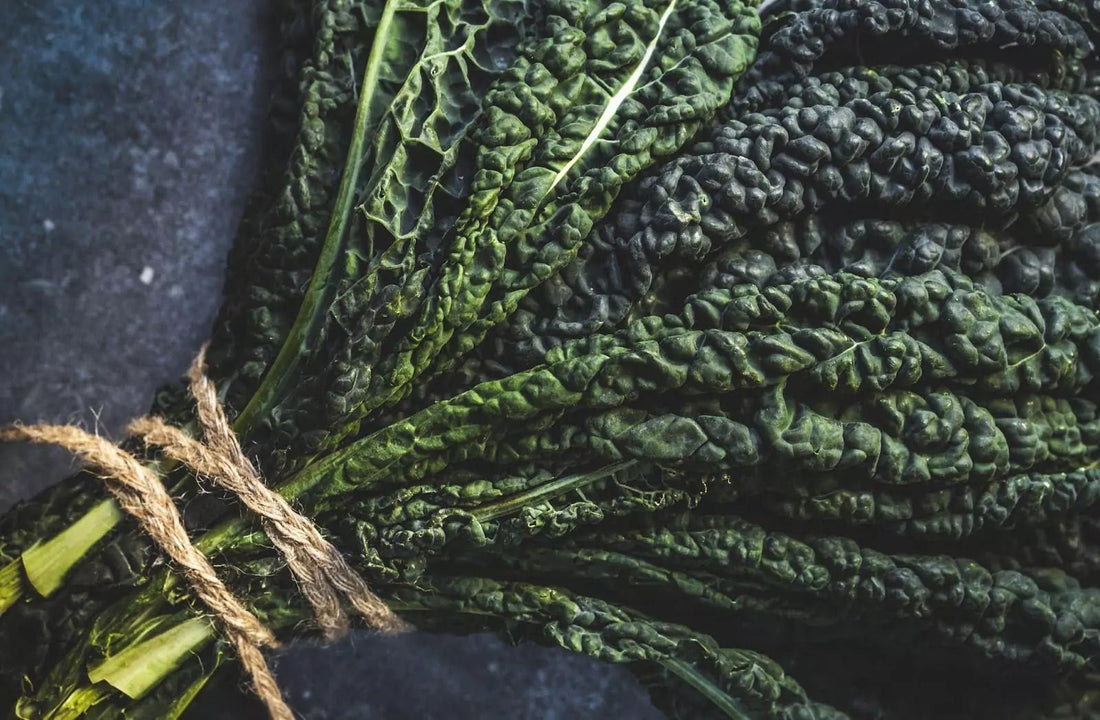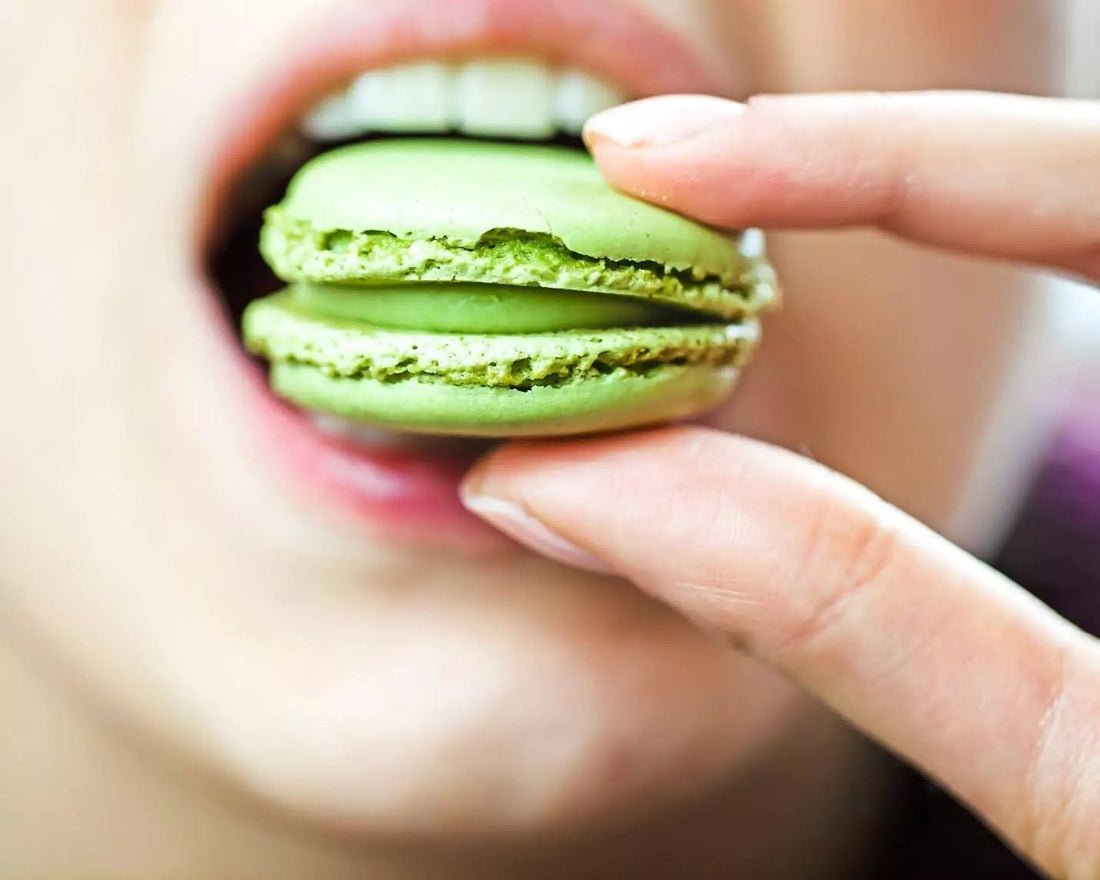As a parent, you constantly face decisions that have potential consequences for your baby’s comfort, health, and well-being. Every choice matter, from the clothes to the food they eat and even the bottles they drink. Choosing between PP (Polypropylene) and PPSU (Polyphenylsulfone) newborn feeding bottles is more about finding the better option for your baby. Although both materials are popular, which is better for your baby and more practical for your style of living?
Here’s a breakdown so you can decide because only the best will do when it comes to your baby.
What Are PPSU Baby Bottles?
PPSU (Polyphenylsulfone) is a medical-grade plastic used in surgical tools and devices. Hence, it is sturdy and one of the safest materials for newborn feeding bottles . PPSU bottles pack safety, strength, and durability into a single bottle.
As per the studies, PPSU bottles have no harmful chemicals (substances related to the polymer structure). Also, it doesn’t release (or “migrate”) any toxic substances into the contents (like milk or water) under normal use conditions. (Source: Polyphenylsulfone (PPSU) for baby bottles: a comprehensive assessment on polymer-related non-intentionally added substances (NIAS))
PPSU is also 100% BPA, BPS, and phthalate-free, so you don’t have to worry, giving you peace of mind with every feed.
What Are PP Baby Bottles?
PP (Polypropylene) baby bottles are the most common and widely available. They are typically lightweight, budget-friendly, and BPA-free. You can quickly identify these bottles with the translucent milky caps on these bottles. You will find PP safe for daily life and accept high and low temperatures, but it has limits. It is preferable to use PP if you only plan to use it occasionally or in the short term.
PPSU vs PP Bottle: Why PPSU Stands Out?
PPSU and PP are still within the safety limits, but PPSU outperform in several areas. Here’s a closer look at why you might want to choose PPSU bottles for your baby:
| Features | PPSU (Polyphenylsulfone) Bottles | PP (Polypropylene) Bottles |
|---|---|---|
| Durability | Highly durable, resistant to impact and scratches | Less durable, prone to wear and tear |
| Heat Resistance | Can withstand high temperatures (up to 180°C) | Lower heat resistance (up to 120°C) |
| Chemical Safety | BPA-free, BPS-free, and resistant to chemicals | BPA-free but may degrade faster |
| Transparency | Amber-coloured, remains clear over time | Milky white becomes cloudy with the use |
| Odor & Stain Resistance | Resistant to odours and stains | May absorb odours and stains over time |
| Lifespan | Long-lasting, recommended replacement every 12 months | Shorter lifespan, recommended replacement every 6 months |
| Ease of Cleaning | Easy to clean and sterilise | It can be harder to clean due to material ageing |
| Cost | More expensive due to high durability | More affordable and widely available |
1. Superior Heat Resistance
PPSU bottles can withstand temp up to 180°C. Hence, you can sterilise them by boiling them in water or washing them in a dishwasher. PP bottles can only withstand temperatures up to 120°C, and repeated exposure to high heat can cause them to break down faster.
Thermal stability is key to hygiene. PPSU guarantees the bottle will be safe and intact through every sterilisation cycle.
2. Longer Lifespan
Bottles made of PPSU are durable. Whether you boil, microwave or wash them daily, they help keep clarity, shape and strength. In comparison, PP bottles (polypropylene) can become worn, discoloured, and warped in months (or even weeks).
For parents seeking long-term value, PPSU bottles are the wiser investment.
3. Crystal Clear Transparency
Unlike PP’s milky texture, PPSU bottles retain a clear, glass-like look, making checking milk quantity and cleanliness easier. You don’t have to guess whether it’s thoroughly washed or if there’s any residue hiding in a cloudy bottle.
A clear view means peace of mind with every feed.
4. Unmatched Durability
Dropping a PP bottle can cause cracks or damage. PPSU, however, offers excellent impact resistance. You can feel confident knowing your bottle won’t shatter or crack if accidentally dropped, making it ideal for active parenting and travel.
5. Odour and Stain Resistance
PP bottles can absorb odours from milk or cleaning agents over time, which is less than ideal. PPSU’s non-porous surface resists stains and smells, keeping your baby’s bottle fresh and clean for longer.
This feature is handy if you use formula or milk with vitamins or supplements, which tend to stain regular bottles.
6. Medical-Grade Safety
PPSU is approved for use in medical devices, so it’s safe. Unlike PP bottles, it doesn’t leach chemicals under heat or over time, which may degrade. So, if you’re looking for a feeding solution as safe as what hospitals trust, PPSU is your go-to.
7. Eco-Friendly and Cost-Efficient
Though PPSU bottles have a higher upfront cost than PP bottles, their longevity makes them more cost-efficient in the long run. You’ll use fewer bottles over time, reducing waste and saving money, a win for your wallet and the planet.
Newborn Feeding Bottles from MamaCare
Selecting the right feeding bottle for your newborn can mean a difference in comfort for both baby and mom. MamaCare’s PPSU feeding bottles are FDA-approved for food contact and are free of BPA, BPS, and phthalates. The bottle is paired with a silicon teat, which prevents backflow and provides a natural feeding posture. The anti-colic one-way flow valve reduces the chances of air intake for the baby.
Choosing the right baby bottle may seem small, but it plays a significant role in your daily routine and your baby’s comfort. PP bottles are a standard option, but when considering heat resistance, clarity, durability, and long-term value, PPSU bottles come out on top. MamaCare’s PPSU feeding bottles combine medical-grade safety, practical design, and durability to provide a hygienic, easy-to-use product.
Explore the MamaCare® Feeding Bottle collection here for different sizes and replacement teats.



